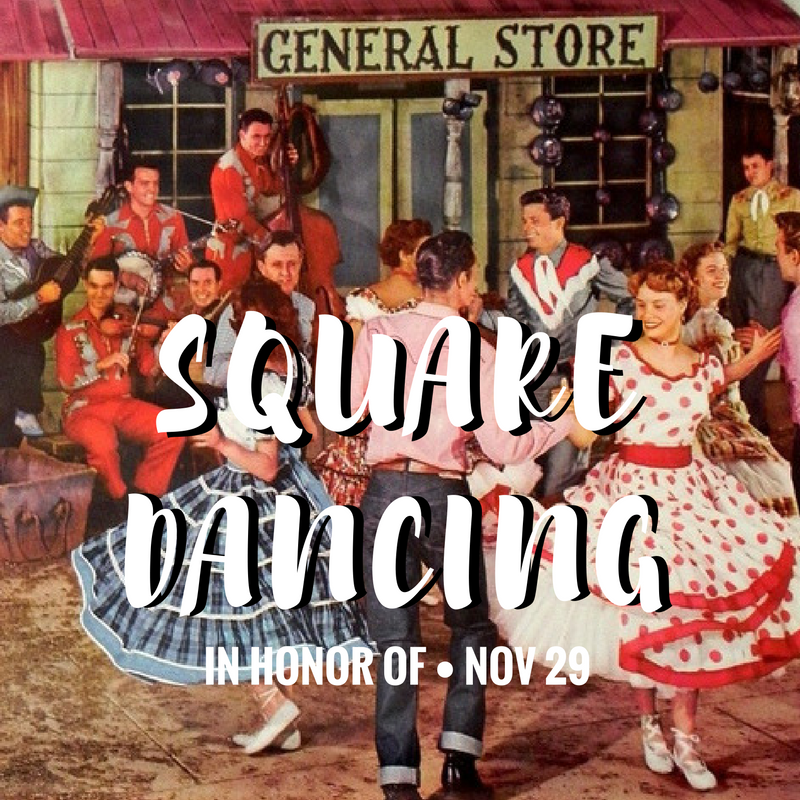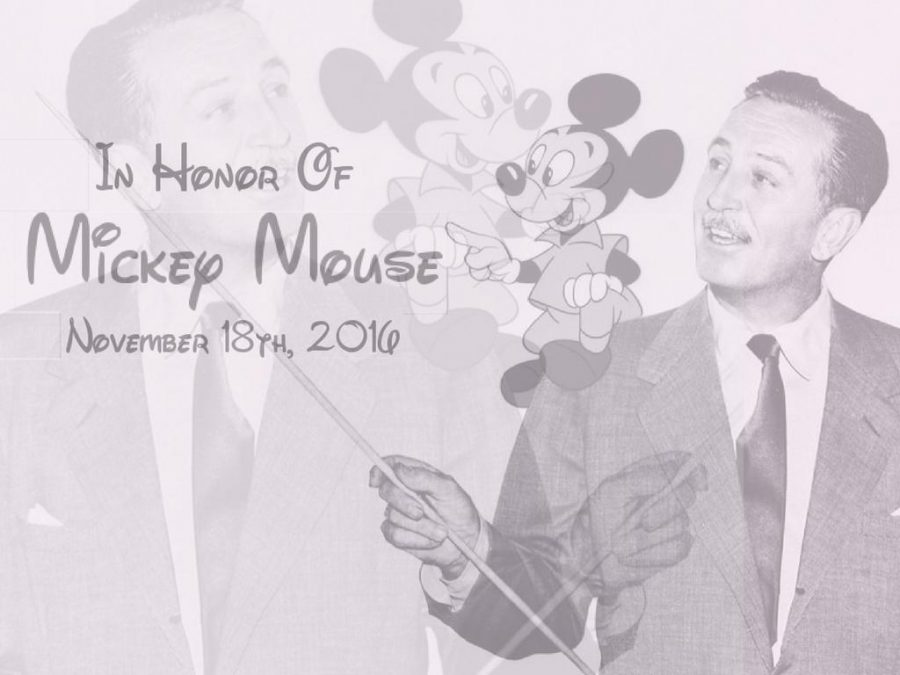September 15th, 2016 is National Google.com Day.
Chances are, the browser or search engine that enabled you to reach this message today is somehow related to Google, the leading multinational technology company of the contemporary world. Its original title, “Backrub”, was eventually cast aside in favor of being named “Googol” after the mathematical term. Perhaps the most famous typo, Google has garnered enough success to have gained its rightful recognition as a verb by the Oxford Dictionary. Ever since the initial release of Google as an official domain nineteen years ago, Google has made innumerable changes to the way the world functions– even how we think and function in our own lives!
Google’s sphere of influence has seeped far beyond the physical world, delving into our own minds deeper than many would consider a comfortable amount. While most would agree that the instantaneous stream of information that Google supplies isn’t inherently a negative addition to our techy-lives– what sort of primitive dystopia would this world be without instantaneous access to countless kitten videos, DIY baking snippets, and futile celebrity updates at our disposal?– research has told time and time again that it may be at the cost of our own cognition. Ever-increasing dependency on access to information has been dubbed “The Google Effect”, a phenomenon in which “human memory is reorganizing where it goes for information, adapting to new computing technologies rather than relying purely on rote memory. We’re outsourcing “search” from our brains to our computers.”
Setting the stage for the emergence of numerous innovations and advancements, namely cell phones and social media, Google has entirely reshaped the way people communicate and collaborate. Allowing users to experience events in the news and travel to distant locations from the comfort of living-room sofas, Google has captivated the minds of the world, going so far as to twist its users into a commodity of sorts.
Regardless of whether you find yourself interested in the vast-reaching implications of Google, you’re guaranteed to enjoy some of these fun Google tricks and features simply by typing in a few key words:
- Google “askew” to make the results tilt slightly to the right.
- Google “do a barrel roll” to spin your browser’s window in a 360-degree rotation.
- Google “zerg rush” to begin a miniature video game referencing the popular Starcraft video game series.
- Google “Google gravity” to render the effects of gravity on Google’s search engine useless.
- Google “anagram” to experience a hint of Google’s dad-joke-iness. Google search will offer the suggestion of “nag a ram” (in reference to “anagram”’s definition).
- Google “Pacman” to instantly open a game of the classic videogame in the homepage.
- Google “Google in 1998” to get a taste of old-school Google.
- Google “atari breakout” in Google images to open a game of Breakout, the game of of breakable bricks.







